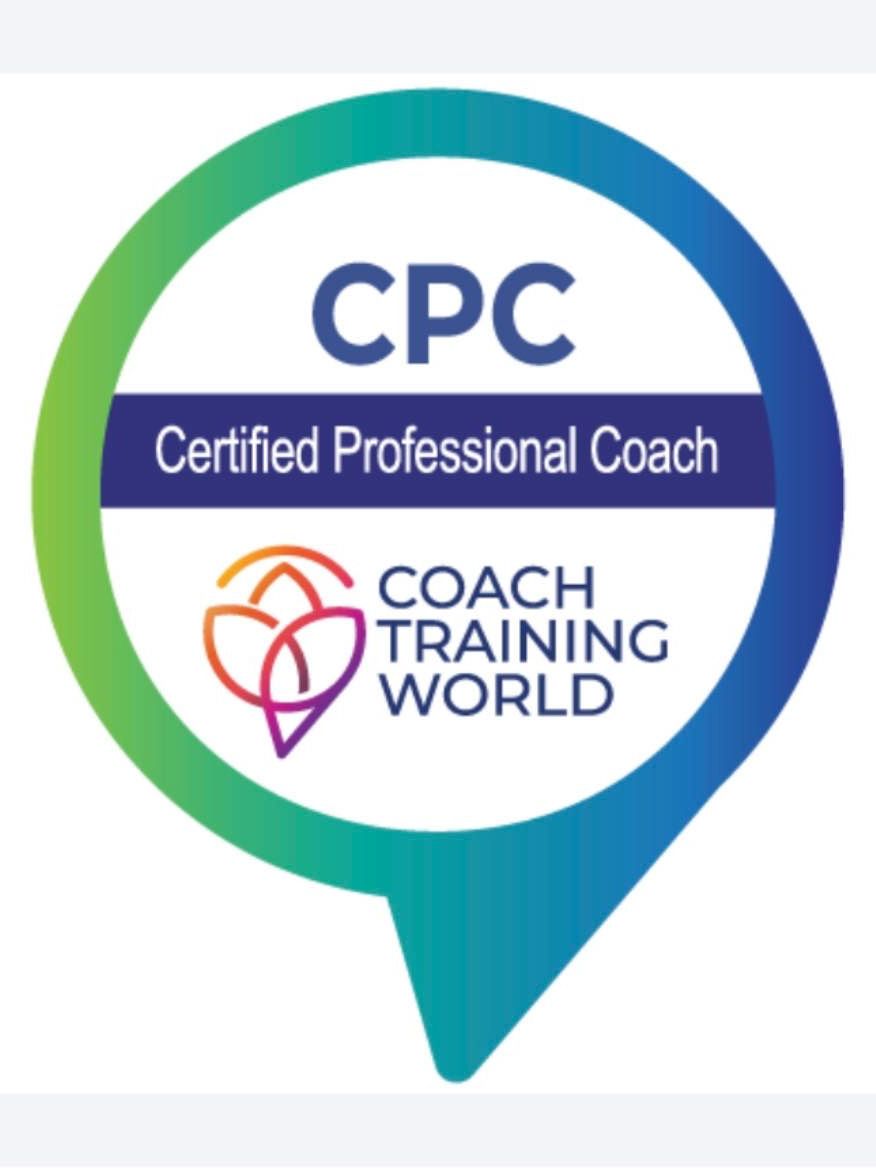The Truth Behind the "I'm Fine"
The Truth Behind the "I'm Fine"
There’s a moment—quiet, heavy, sometimes loud as hell—when the words “I’m fine” finally crack.
When you say them out loud and don’t even believe yourself anymore.
It usually doesn’t happen all at once. It builds.
You push things down.
You keep showing up.
You handle it.
But underneath the surface, something’s been shifting.
You’ve been too busy to deal with it.
Too afraid to admit it.
Too tired to even name it.
Then one day, it hits you.
You can’t keep pretending.
And what comes next isn’t a breakdown—it’s a breakthrough.
You whisper (or shout), “Screw it. I’m done.”
Not done with everything—but done carrying what isn’t yours.
Done ignoring what hurts.
Done shrinking yourself to fit into what no longer fits.
This is the truth behind “I’m fine.”
It’s the mask. The survival tactic. The phrase that buys you time.
But when you’re ready to be honest with yourself, “I’m fine” turns into something else:
“I need help.”
“I’m exhausted.”
“I’m not okay.”
“I want something different.”
That moment? It’s sacred.
It’s raw.
It’s brave.
But it’s also messy. Because once you see things clearly—once you admit that the life, the relationship, the version of yourself you’ve been clinging to doesn’t work anymore—there’s no un-seeing it.
That clarity can shake you.
It can feel lonely.
It can feel like everything is falling apart.
But what if things aren’t falling apart?
What if they’re finally falling into alignment?
⸻
Where Coaching Comes In
This is where coaching can help—not to fix you, but to be with you while you untangle it all.
When you stop saying “I’m fine,” and start saying, “I’m ready,” that’s when the real work begins.
As a coach, I offer a space where you don’t have to hold it all together.
Where you can speak the messy truth.
Where you’re heard—not judged.
Where your patterns are noticed, not shamed.
And where you’re supported in moving forward, one honest step at a time.
You don’t have to figure it all out alone.
You just have to stop pretending.
The truth behind “I’m fine” might be painful—but it’s also your doorway to freedom.













